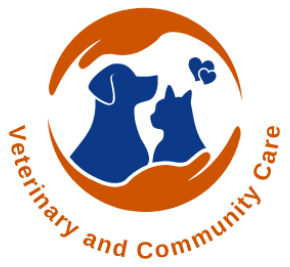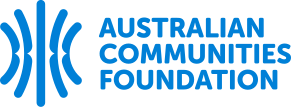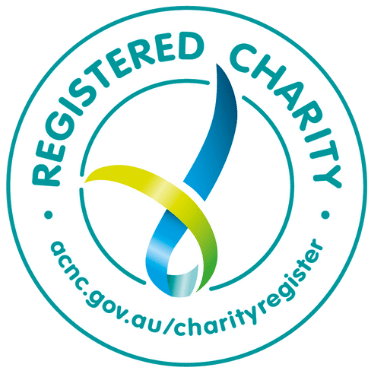Frequently Asked Questions
Veterinary and Community Care established in 2022 from a network of passionate people working cooperatively with the goal to provide community centred veterinary care that is accessible to the ever-increasing cohort of people experiencing vulnerabilities, and who benefit from the bond they have with the animals in their care. Through community centred veterinary services, with the integral services of Veterinary Social Workers, wellbeing benefits will flow not only to these clients and the animals in their care, but also to the veterinary teams themselves, improving the mental health of the profession.
Please review VaCC’s Objectives here.
Get to know the Founding Directors of Veterinary and Community Care here
Learn more about the supporters of Veterinary and Community Care here
Yes – Veterinary and Community Care is a registered charity with Deductible Gift Recipient (DGR) status which means all donations over $2 are tax deductible. While VaCC establishes its administrative processes, charitable donations will be managed through the generous support of Demeter Legacy.
There are many ways to become involved – including; making a tax deductible donation becoming an industry supporter by providing financial or service contributions, becoming a veterinary partner as an individual, group or veterinary service provider, providing a service to the operation of Veterinary and Community Care or through VaCC Community Clinics
Join our mailing list to be kept informed of Veterinary and Community Care activities and projects or drop us an email to contact@vacc.charity
Visit Meraki Social Services website or VaCC Veterinary and Community Care. If you are a Social Worker – join the Australian Veterinary Social Work Facebook Group. This FB group was formed by VaCC Founding Director Wendy Till. Wendy is Australia’s only formally qualified internationally recognised Veterinary Social Worker and is passionate about expanding this emerging field of her profession in Australia.
The veterinary profession is facing an unprecedented mental health and workforce crisis. The contributing factors to this are multiple, complex and have developed over many years. Solutions are being developed on several fronts to support a sustainable and viable veterinary profession where those working in it thrive. Veterinary and Community Care, through its initiatives and projects aims to be part of the solution. The veterinary profession’s mental health is closely linked to the challenges of managing the complexities that present when providing veterinary services to clients experiencing vulnerabilities. Veterinary teams may not be trained, experienced or supported to provide optimal care and service for these clients and their animals – which may result in poor wellbeing outcomes for all concerned. Veterinary professionals working collaboratively with allied human health professionals, deliver the best outcome for animal custodians, veterinary teams and animals. Through community centred veterinary services, including the integral services provided by Veterinary Social Workers, wellbeing benefits will flow not only to clients and the animals in their care, but also to the veterinary teams themselves, improving the mental health of the profession. For more information on the challenges facing the veterinary profession and other solutions being developed, visit the Australian Veterinary Association’s website and their THRIVE initiative and VaCC’s research information
It is well recognised that the Human – Animal Bond (HAB) is growing in strength and importance. The role that companion animals play in contributing to the positive physical and mental health and wellbeing of their human custodian is undisputed. As the HAB strength increases, so does the expectations of many veterinary clients relating to the services that are provided to them by the veterinary profession. Often the barrier to the optimal veterinary care of a patient is their custodian, who may be experiencing adversity. The treatment requirements or expectations for a patient may not align with the client’s capacity or capability to provide that care. This may be due to clients who are experiencing vulnerabilities such as; Homeless or at risk, Domestic Violence, Aged, Physical Disability, Mental ill-health, Financial disadvantage. When encountering clients in these circumstances, the veterinary team often face challenging and sometimes overwhelming pressures to provide the optimal outcome for both their client and their patient. Veterinary professionals working collaboratively with allied human health professionals, deliver the best outcome for animal custodians, veterinary teams and animals. Veterinary Social Work (VSW) utilises qualified Social Workers who have undertaken further training to recognise and consider the role that the Human-Animal Bond plays in the lives of their clients. VSW services are being utilised by veterinary professionals and their teams to guide and support the provision of services to clients who are experiencing disadvantage.
Listen to this podcast to learn how Vet Social Workers are being utilized to benefit animals, those who care for them and their veterinary team at Cherished Pets Community Veterinary Care.
Please feel very welcome to reach out with any questions or support
When I needed a hand, I found a paw – interested to know more? ›




